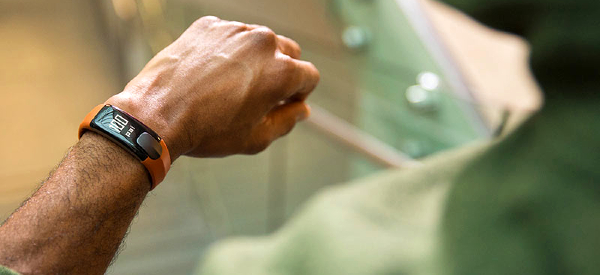
Exercise is good for you. We’ve heard and believed in the health benefits of physical exercise for years. But what does “exercise” mean exactly? What should we do, and how much how often should we do it? The lack of clarity about which types of physical activity give the best return on our time and energy can be discouraging for many people. Many of us start exercise regimens only to lose interest and slip out of them. But now there’s a wearable app and metric that may offer help.
A 15-year longitudinal study of 56,000 people validated the superiority of the Personal Activity Intelligence (PAI) exercise metric in terms of health and longevity. PAI is an artificial intelligence algorithm developed by the Norwegian University of Science and Technology’s Cardiac Exercise Research Group. The PAI metric analyzes heart rate data and is compatible with many wearables, including Fitbits, Apple Watches, Garmin heart rate monitors, and Huami Amazfit devices. The key to the measure’s success is that the type of exercise doesn’t matter. PAI also adapts to all fitness levels.
The Aerobics Center Longitudinal Study in Dallas, Texas, followed more than 56,000 healthy adults starting with a health checkup and answers to questions about their activity levels. At the end of the study, researchers found that PAI scores of 100 or more for a rolling seven day period correlated with living four to five years longer than people who were physically inactive.
PAI succeeds as a motivator, according to the company, because users can stick with any type of workout that increases their heart rate. People can switch workouts or try different activities, and it won’t matter because the app only measures heart rate increase. The app removes the common confusions associated with exercise programs related to frequency, intensity, and duration. For example, counting steps can be an effective way to track activity, but many forms of exercise don’t register with step counters.
The PAI app determines your starting PAI goal based on age, gender, and your resting and maximum heart rates. As your fitness level improves over time, PAI adjusts the goals. The secret to PAI’s success seems to be a combination of an exercise-agnostic biometric and an algorithm that sets and tracks appropriate goals for the individual.

